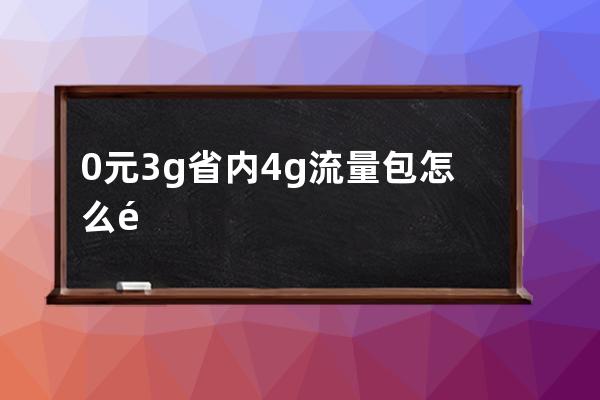5个字怎么读都连的起来
Introduction
Have you ever come across a five-letter word that is pronounceable no matter how you read it? If not, get ready for an unusual experience as we explore the only five-letter word that connects seamlessly when pronounced in any order.
The word
The word in question is "groat," pronounced as "gr-oht." This word means a cereal grain that has had its husk removed. While it is not commonly used in modern English, it has been in use for centuries as a measure of weight for precious metals.
The word "groat" comes from the Old English word "grut," which means small fragments or bits of grain. In medieval times, groats were an essential part of the diet in Europe, especially in Scotland where they were used to make porridge. Oat groats and barley groats were the most commonly used types of groats.
Origin of the word
The word "groat" has an interesting history. It was first used in the 14th century in England as a term to describe the four-penny piece, which was made of silver. The word then evolved to refer to a weight measure of silver that was equivalent to four silver pennies.
The term "groat" was also used in Scotland to refer to a coin of low value, which was first introduced by David II in the 14th century. These coins were made of silver and were used for everyday transactions in Scotland. The groat coin was eventually discontinued in 1662.
Conclusion
Despite the limited usage of the word "groat" in modern English, it remains a unique word that seamlessly connects when pronounced in any order. It is also a word that is steeped in history, with its origins dating back to medieval times. It serves as a reminder of the importance of grains in the diet of our ancestors and the evolution of currency over time.
If you ever come across the word "groat" in your readings or conversations, remember that it is pronounced as "gr-oht" no matter how you arrange the letters. It is a testament to the wonders of the English language and its ability to surprise and fascinate us with its quirks and nuances.

声明:本站所有文章资源内容,如无特殊说明或标注,均为采集网络资源。如若本站内容侵犯了原著者的合法权益,可联系本站删除。









